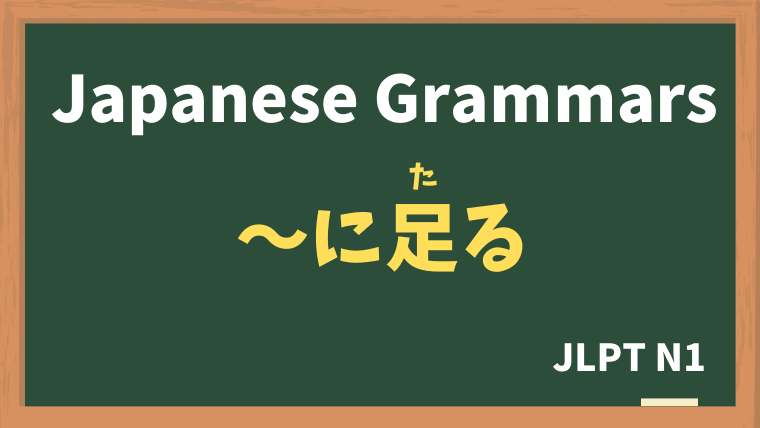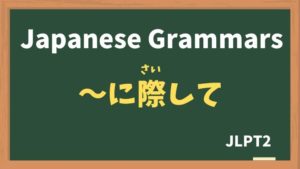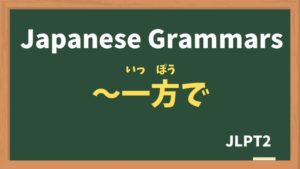
Explanation:〜に足る
fa-check-circleMeaning
"〜できる / 〜する価値がある / 〜するのに十分な・・・がある"
"worthy of / deserving of / sufficient for"
Used to describe something or someone that is considered good enough or sufficient to meet a certain standard or expectation. This is a formal and somewhat literary expression, often used in written or formal speech to highlight that someone or something has enough value, credibility, or importance for a particular situation.
fa-check-circleForm
V(dictionary form)+ に足る
N + に足る
fa-check-circlePoints
- Sufficient/Worthy: "〜に足る" indicates that someone or something is worthy of a certain degree of trust, respect, or recognition, or sufficient for a particular purpose.
- Formal Expression: This phrase has a formal and somewhat literary tone, often used in contexts requiring careful evaluation, like professional or academic discussions.
- Negative Forms: The phrase is also commonly used in the negative form as "〜に足らない" (not worthy of or insufficient for).
fa-check-circleJLPT Level
N1
Sample sentenes
この講義は高いお金を払ってでも受けるに足る内容だ。
This lecture is worth paying a lot of money for.
彼は信頼に足る人だから、困ったことがあったら相談するといいよ。
He is a trustworthy person, so if you're in trouble, it would be good to consult him.
私の上司は仕事もできるし、部下の面倒もちゃんとみてくれるし、尊敬に足る人物だ。
My boss is capable at work and takes good care of his subordinates, making him a person worthy of respect.
試験は満足するに足る結果だった。
The exam results were satisfactory.






